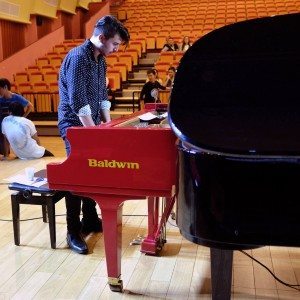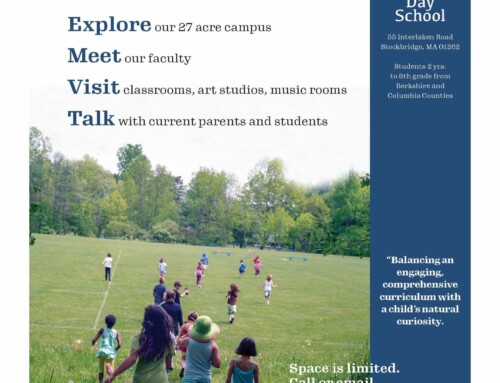Music is a rewarding and lifelong journey that can begin at any time and place. Oftentimes the joys of music-making can be lost (for some!) by the dread of regular practicing.
I know our returning musicians are probably thinking about their private lessons for the year and (potentially) cramming in some last hours of practice time before Wednesday, September 14!
buy prevacid online prevacid online no prescription
Please see below for a few simple practice tips for aspiring musicians of any age:
- Drink water and take care of bodily health. It’s good to stay active, but also make sure you feel relaxed and centered before beginning practice time. This is important to make sure no injuries occur, as well as to ensure a productive session!
- Warm up before practicing scales or repertoire. This could mean playing/singing long tones, taking deep breaths, or another warm-up technique given by your private instructor.
- Slow down! It is common for musicians to practice tricky sections of music at an inappropriately fast tempo. When learning or practicing a new/challenging section, make sure to take the tempo down to a crawl. Then work your way up to the faster tempo.
- Quality over Quantity. There are a lot of varying opinions about practice time. For an adult, 1 hour of great practicing is worth 4 hours of mindless practicing. Or for a younger student, 15-30 minutes of daily practicing could do the trick. If you have more questions about developmental appropriateness and practice time, feel free to reach out.
- Be mindful of repetition. From an outside perspective, great practicing probably sounds like lots of repetition of various musical snippets of a piece. What the musician’s brain does, however, is practice getting one thing right (i.e. hand position or a tricky accidental note) and building on another element, in order to bring the piece closer to concert-ready.
- JOY. What a great privilege and opportunity to have the chance to play beautiful music! Even when playing a scale, we can bring expression and joy to that by thinking about how much we love what we do.
- Take time off. One mantra could be: Practice 6 days straight, and then give yourself a break on 1. Private instructors can give more specific advice on how to best take breaks and avoid burnout.
Thanks for reading, and happy practicing to our BCD performers!
Musically Yours,
Mr. Martin
(Feel free to reach out to cmartin@berkshirecountryday.org with any questions.)


